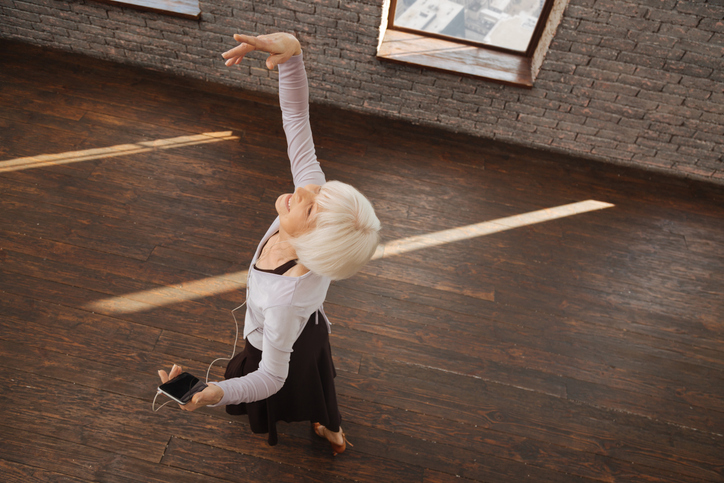From Linda Priestley, Editor-in-Chief
Made a mistake recently? Guess what? It’s okay. Better yet, being wrong can put you…in the right.
More and more experts are saying it: missing the mark is actually a win. Of course, we all have the right to make mistakes—as well-being professionals (and non-professionals) have pointed out in countless books and articles over the years—but messing up is not only not serious; it’s actually healthy. Falling and then getting up and moving forward, having learned a lesson—or not, because sometimes we make these blunders more than once—is the best way to get it right and eventually attain success.
Harvard Business School professor Amy Edmondson is the pioneer of “psychological safety.” The author of Right Kind of Wrong: The Science of Failing Well (Simon & Schuster, 2023) coined the term to refer to an environment in which team members feel free to make mistakes, ask questions, and express opinions without fear of being judged. Edmondson sums it up this way: finding the right pivot after a failure (in other words, changing direction over time) allows us to keep growing and evolving. What usually follows failure is infinite possibility.
This idea is one of the foundations of scientific research. A researcher makes a hypothesis and tests it; if it proves to be incorrect, the researcher rules it out and moves on to the next one. In a study attempting to show that tightly knit teams of doctors and nurses make fewer mistakes than more fragmented teams, Edmondson found that her hypothesis was incorrect—in fact, the opposite was true: the tightly knit teams in the study made more mistakes than their colleagues who did not work as closely. After admitting, a little red-faced, her setback to the doctors leading the study, she went back to work, reviewing her statistics and her notes. During that second analysis, she came to see that the teams in the first group didn’t make more errors—they were simply more able to admit them and discuss them openly. As a result of her error, which she saw as “intelligent failure,” she made some important discoveries that then served her in her work as a trainer of executives.
If this lesson is useful in the context of our professional lives, it’s just as useful in our personal lives, Edmondson explains in her book. Divorce, family squabbles, personal bankruptcy, a failed exam—indeed, all the times we say “Oops!” and “I should have done X” throughout our lives—are significant above all for how we bounce back. Instead of keeping track of our failures, let’s start being kind to ourselves, safe in the knowledge that our mistakes help us grow.
From Failure to Success
• Steven Spielberg had multiple applications to film school rejected, and Oprah Winfrey was at one time dismissed as being “not made for television.” We know how their stories turned out.
• Canadian chess Grandmaster Shawn Rodrigue-Lemieux lost all his games when he began playing at the age of six, which fuelled a desire to persevere. In 2022, he won the 2022 World under 18 Chess Championship.






